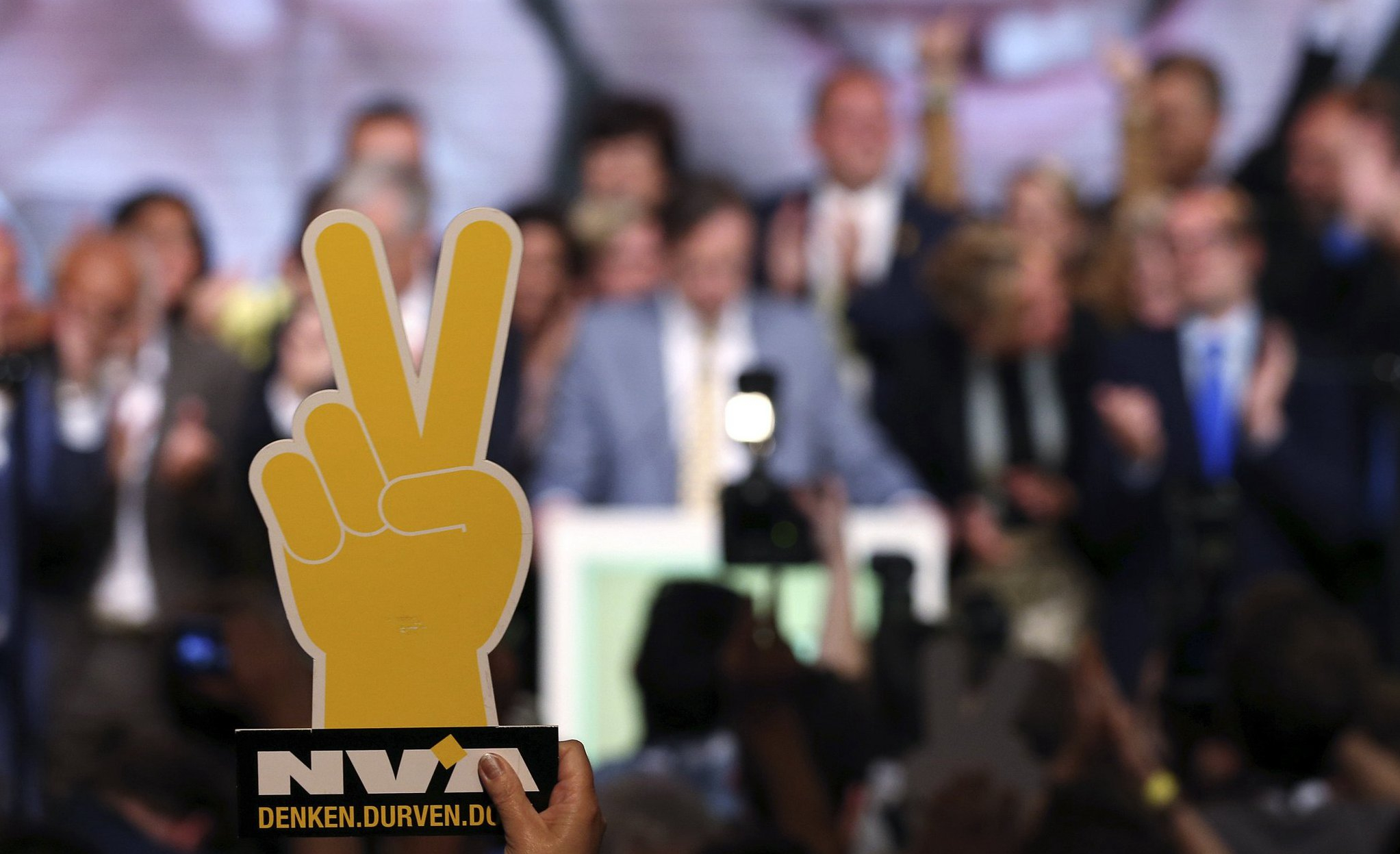Belgium left with minority government over UN migration pact dispute

Belgium's Prime Minister Charles Michel was left leading a minority administration on Sunday after the Flemish nationalist party quit the ruling coalition over his support of a UN migration pact.
The New Flemish Alliance (N-VA), the largest of the coalition's four parties, had earlier threatened to leave if Michel backed the accord, which has become a cause celebre for European anti-immigration parties.
Belgium's King Philippe accepted the resignations of the N-VA's ministers on Sunday after meeting with Michel at the royal palace, according to a statement.
Michel also presented the king with the names of those who would replace the N-VA ministers in the interior, finance, defense and migration portfolios.
The departure of the Flemish party means Michel will lack a parliamentary majority for five months ahead of legislative elections scheduled for late May.
Interior minister and N-VA member Jan Jambon had confirmed earlier Sunday that he and the party's other ministers would step down.
In power for four years, the coalition has often been riven over the N-VA's anti-migration positions.
Party leader Bart De Wever issued Michel an ultimatum on Saturday night, suggesting that the N-VA would quit the coalition if the prime minister flew to a UN conference in Marrakesh on Sunday to endorse the migration pact.
“If we no longer have a voice in this government... there is no point in continuing,” he said.
Michel stood firm, saying he would represent Belgium in Marrakesh as the “head of state of a responsible coalition.”
A last-gasp cabinet meeting was held late Saturday, but failed to overcome the differences between the parties.
‘Pact with the devil'
The non-binding UN accord, which would promote a common global approach to migrant flows, was initially supported by all four parties in Belgium's coalition.
But the N-VA changed its mind in late October.
The crisis had been rumbling for several weeks before bursting into the open on Tuesday when Michel turned to parliament after failing to unite his government behind the pact.
The liberal prime minister has steadfastly defended the pact, saying the international “credibility” of Belgium was at stake.
On Thursday, a majority of parliament supported the accord, but the N-VA and the far-right Vlaams Belang party voted against.
French far-right leader Marine Le Pen and Steve Bannon, a former advisor to U.S. President Donald Trump, denounced the UN pact at an event hosted by Vlaams Belang in Brussels on Saturday.
“The country that signs the pact obviously signs a pact with the devil,” Le Pen said.
The draft UN pact lays down 23 objectives to open up legal migration and better manage a global flow of 250 million people, 3 percent of the world population.
The United States dropped out of talks on the pact last year and countries such as Hungary, Austria, Poland, Bulgaria, Slovakia and Australia have rejected it.
The pact is expected to be ratified at the UN headquarters in New York on December 19.